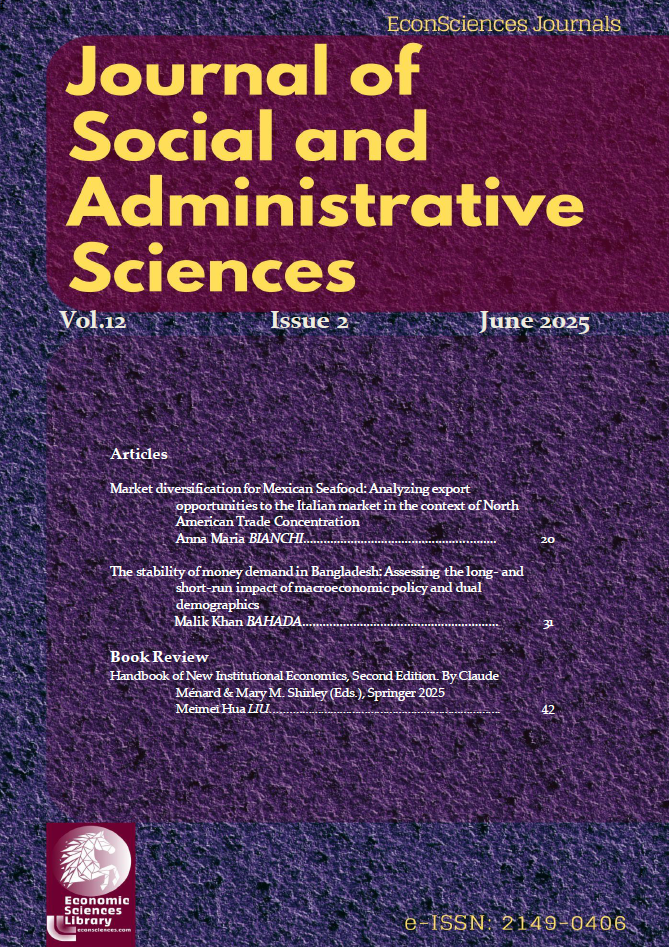Abstract
New Institutional Economics (NIE) is a dynamic field that studies the rules and norms, both formal institutions (like written contracts and laws) and informal institutions (like social norms), that people develop to reduce uncertainty and control their environment. Since the first edition in 2005, NIE has grown rapidly, expanding with new discoveries, topics, and methodologies both within and outside economics. This second edition has been extensively revised and expanded to reflect these rich developments, featuring 18 completely new chapters out of 41. The Handbook preserves the core diversity of NIE. The field is essentially structured around the distinction made by Douglas North: "institutions are the rules of the game in a society." It splits into two main branches: the "Northean" strand, which focuses on the fundamental rules of the institutional environment, and the "Williamsonian" strand, which concentrates on organizations and their governance structures. The book covers core NIE areas such as the Scope of Institutions, Political Institutions, Legal Institutions, Organizations and Governance, Contracts, Institutional Change, and Culture and Informal Institutions. It also includes a dedicated section on new methodologies, including case studies, machine learning, and econometrics. This comprehensive volume serves as an essential reference for researchers and students seeking to understand the emergence, function, and evolution of the institutional arrangements that shape the performance of the market economy.
Keywords. New Institutional Economics (NIE); Institutions; Transaction Costs; Property Rights; Governance.
JEL. B52; K10; L20; O10; P10.

This work is licensed under a Creative Commons Attribution-NonCommercial 4.0 International License.
